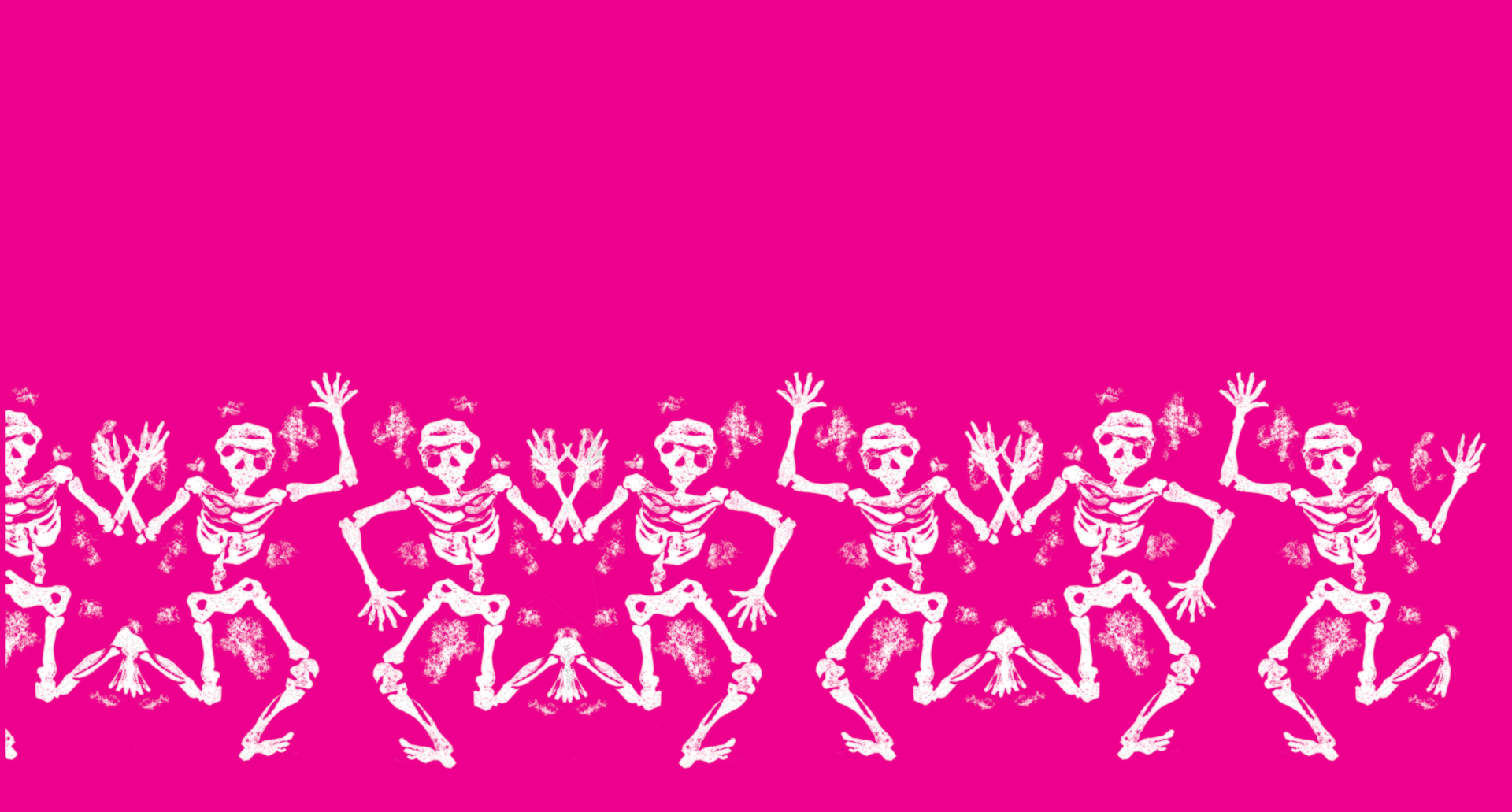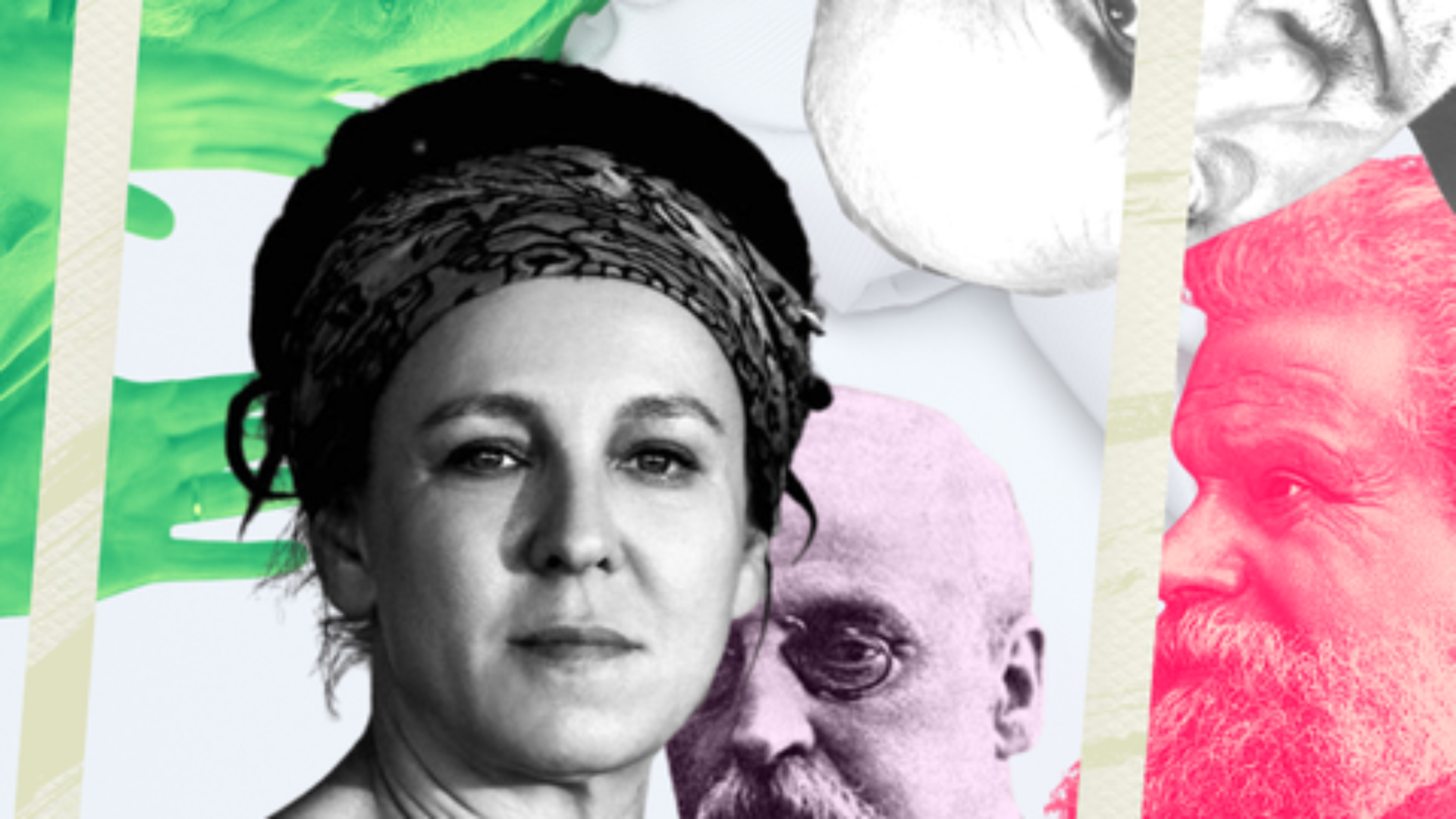Jakub Momro
![]() Saturn and Eros. Joy as a Form of Self-knowledge
Saturn and Eros. Joy as a Form of Self-knowledge
The text attempts to show joy in the modern dialectic of knowledge and reification. Both components of this dialectic lead deeper into current problems with the legitimization of science. Melancholic knowledge, personified by such figures as Walter Benjamin or Theodor W. Adorno, is an extension of this primary tension in the instrumentalization of joy as an autarkic affect on the one hand, and a nominalist utopia and fetishism of immediacy on the other. In the article, “melancholic knowledge” is accompanied by two other types of joy: Kant’s ethics of the heart and Nietzsche’s “joyful knowledge”, both seemingly phenomenological, reaching the edge of joy as a condition of possibility or impossibility of life and knowledge. In this way, one can understand the tension that truly radicalizes joyful modernity – stretched between Saturn and Eros, between cognitive theory criticism and fairy tale.
Ewa Graczyk
![]() Joy and Rebellion. About “Macierz" by Maria Rodziewiczówna
Joy and Rebellion. About “Macierz" by Maria Rodziewiczówna
The writer tells the story of a protagonist named Pokotynka, who, from being a despised prostitute, becomes a woman worthy of (also social) trust. This process has a very unexpected course because it is accompanied by an extraordinary duel of moments of rebellion and joy with depression and conformism. The main protagonist’s evolution is related to the transformations of other characters – her father and her lover, who also has a dark past. It is worth emphasizing the importance of nature in Rodziewiczówna’s text; her approach to nature is amazingly empathetic and close to us.
Agnieszka Jeżyk
![]() In and Out of the Text: Polish 1920s Avant-garde Poetics of Pleasure
In and Out of the Text: Polish 1920s Avant-garde Poetics of Pleasure
“We are related to enjoyment as something which intimately belongs to us, to our corporal existence and inner vitality, yet is separated from and independent from us, and thus can be surprising, bewildering, burdensome, disgusting, overwhelming, terrifying, thrilling, conflicted, uncanny, uncontrollable (and sometimes even pleasurable)” – claims Aaron Schuster (2016: 44). According to the theorist, enjoyment can manifest as its opposite, especially in the context of its representations in literature. In this essay, I would like to look at avant-garde erotic poems from the interwar period that address the fascinating entanglement of the bodily and the textual. The metaphors of reading and writing, lyrical dialogue between some of the poems, metatextual reflections on the nature of erotic poetry, and the problem of embodiment are some of the strategies that Bruno Jasieński (Moja nieśmiertelność [My Immortality], Słowo o słowie [A Word about a Word], Na bis [An Encore]), Tadeusz Peiper (Naga [Naked], Ja, Ty [Me, You]), and Mila Elin (Książka [The Book], Głód [Hunger]) use to discuss the joys and challenges of trying to represent jouissance in the text. The starting point for my reflection is Alenka Zupančič’s diagnosis of a similar type of satisfaction coming from sex and talking about sex and her insights on the procedures of intellectualizing sexuality.
Krzysztof Rowiński
![]() Memories of Joy for a Futureless World: Aesthetic and Political Commitment in Jasieński and Pasolini
Memories of Joy for a Futureless World: Aesthetic and Political Commitment in Jasieński and Pasolini
Discussions of cultural disappearance are often couched in terms of nostalgia and tragedy. Bruno Jasieński in Bal manekinów and Pier Paolo Pasolini in Ragazzi di vita offer an alternative form of remembering disappearance through memories of joy, understood as a distinctly political practice. Acutely aware of the untenability of what they were celebrating (pockets of liberty from cultural uniformity, in local cultures and aesthetic experimentation, respectively), both writers maintained a sense of political commitment, offering a good broader model for thinking about a world without a future.
Francesca Fornari
![]() The Anatomy of Joy – in the Archive
The Anatomy of Joy – in the Archive
Joy as a destabilizing, unpredictable, and ephemeral emotion, laden with ethical dimensions, can also manifest itself as a consequence of intellectual engagement (Misrahi, Lénoir). Pleasure, joy, happiness are recurrent themes in the literature of scholars delving into the intricate realm of “recalcitrant” manuscripts. Drawing upon examples from Agamben, Corti, Farge, Grésillon, and Zweig, this article delineates a phenomenology of joy within archival contexts. From the anticipation of receiving the “living material” of a manuscript to the “slow and unprofitable” process of transcribing the “intimate signs” of writing, and through the act of reading where “passion and reason” intertwine, the experience of joy can astonish those who immerse themselves in the traces of others’ words, within the perpetually unfolding vistas of archival papers, like a universe in miniature.
Paweł Marcinkiewicz
![]() “In the Forrest, in the Wooden House": About the Virtue of Joy and Happiness in Michael Krüger’s Latest Poetry Book
“In the Forrest, in the Wooden House": About the Virtue of Joy and Happiness in Michael Krüger’s Latest Poetry Book
Michael Krüger is one of the most important poets of contemporary Europe, combining in his works many traditions of the old continent’s literature, from ancient Greece to twentieth-century Poland. In addition, strong American influences surface in his verse. While Krüger’s early work was a search for his own mode of expression through more or less faithful imitations of very different Polish and American poets, in his mature poems from the 2021 volume In the Forrest, in the Wooden House the Munich poet finds a highly original solution to the seemingly insoluble dilemma faced by all prominent artists since the beginning of the twentieth century: whether to depict the world realistically or, on the contrary, by means of aporia and abstraction? Krüger skillfully combines the “scenic mode” rhetoric typical of post-symbolic literature and the “poetics of indeterminacy” characteristic of postmodernism to create the autonomous poem. It is a realist work that resists interpretation because it contains elements that cannot be read in the realist plane. This peculiar Krüger’s late style is combined with his ostentatious predilection for Epicureanism, references to the poetry of Hesiod and his resort to a broad phrase, reminiscent of hexameter.
Tamara Trojanowska
![]() The Death Knell for Joy?
The Death Knell for Joy?
The essay explores the puzzling relationship between joy and the problems of postmodern culture, which affect the quality of our being in the world. Reflection on the precarious status of joy and its uncertain position in contemporary culture allows for a unique perspective on this relationship. The higher the political, economic and social stakes, the more the search for joy becomes a search for meaning, an essential nourishment for cultural forms. Such joy, filtered through our struggles with life’s challenges, compels us to examine the consequences of its absence (pain, suffering, joyless existence) and its manifestations in art (music), religion (Christianity), and philosophy (freedom). The power of joy lies in recognizing the inevitable imperfection of all solutions to our problems that do not include it as a fundamental component of life.
Mariusz Jochemczyk, Miłosz Piotrowiak
![]() Dis/joy. A felicytological Reading of Franz Kafka’s “Diaries"
Dis/joy. A felicytological Reading of Franz Kafka’s “Diaries"
The article attempts to find states of joy in a writer whom no one suspects of such affects. In a contradictious way, the authors try to catch the „sad person from Prague” in the act: expressing happiness, revealing states of excitement, or even joy. As a result of their research, the authors conclude that moments of well-being in life are shown in Kafka’s diary entries not as experienced but as squandered. That’s why the eponymous „dis/joy” has such a bitter meaning.
Adriana Senatore
![]() The image of Turkish in Moldavian chronicles in the Slavic languages
The image of Turkish in Moldavian chronicles in the Slavic languages
The Moldavian chronicles in the Slavic languages of the 15th–16th centuries expose the events of the country in a time of grave difficulties for the survival of the Christian states of Europe, threatened by the expansionary policy of the Ottoman Empire. The authors closely follow the progressive expansion of the Sublime Porte and the fall of boroughs, citadels, and cities (Gallipoli, Sofia, Veliko Tărnovo, Thessaloniki), as well as Chilia, Cetatea Albă, fortified Moldavian citadels. Naturally, the chroniclers rejoice for the rarest victories on the battlefield of the European sovereigns and the princes of Moldavia; they are saddened by the defeats suffered by Moldavian and, more generally, Christian arms. Above all, they fear that the new ‘paganism’ coming from the now subjugated Constantinople can suffocate the ancestral religion, although they do not neglect the dangerousness of other beliefs, such as the Lutheran, professed even by a prince. In the final analysis, the chronicler considers himself a scriba Dei who must educate the reader and strengthen him in the true faith, orthodoxy.
Stanley E. Gontarski
![]() On Fragments: A Piece of Art and the “I” – or Not
On Fragments: A Piece of Art and the “I” – or Not
This essay explores the philosophical implications inherent in Samuel Beckett’s most enigmatic and metonymic late theater work, Not I, even as he frequently abjured any interest in philosophy, which he claimed neither to read nor to understand. The play is profoundly ontological, however, and its metonymic stage image engages the classical philosophical conundrum of the relationship of the part, a piece or fragment, say, to the whole, an issue with which Beckett has at least been intrigued for most of his creative life.
Anna Gwadera-Dec
![]() The Joy of Reading (Conrad) : Agnieszka Adamowicz-Pośpiech: “Adaptacje biografii i twórczości Josepha Conrada w kulturze współczesnej". Wydawnictwo Uniwersytetu Śląskiego, Katowice 2022, 364 s.
The Joy of Reading (Conrad) : Agnieszka Adamowicz-Pośpiech: “Adaptacje biografii i twórczości Josepha Conrada w kulturze współczesnej". Wydawnictwo Uniwersytetu Śląskiego, Katowice 2022, 364 s.
The review surveys Agnieszka Adamowicz-Pośpiech’s monograph Adaptacje biografii i twórczości Josepha Conrada w kulturze współczesnej. The study is divided into three parts, which concern separate fields of art – graphic novels and comic books, literary transformations, and theatrical and film productions. The author, conducting a meticulous analysis of selected works, puts forward an innovative thesis that not only Conrad’s works but also his biography are subject to adaptations. The publication is a valuable contribution to the field of Conrad studies, significantly supplementing the state of research.

